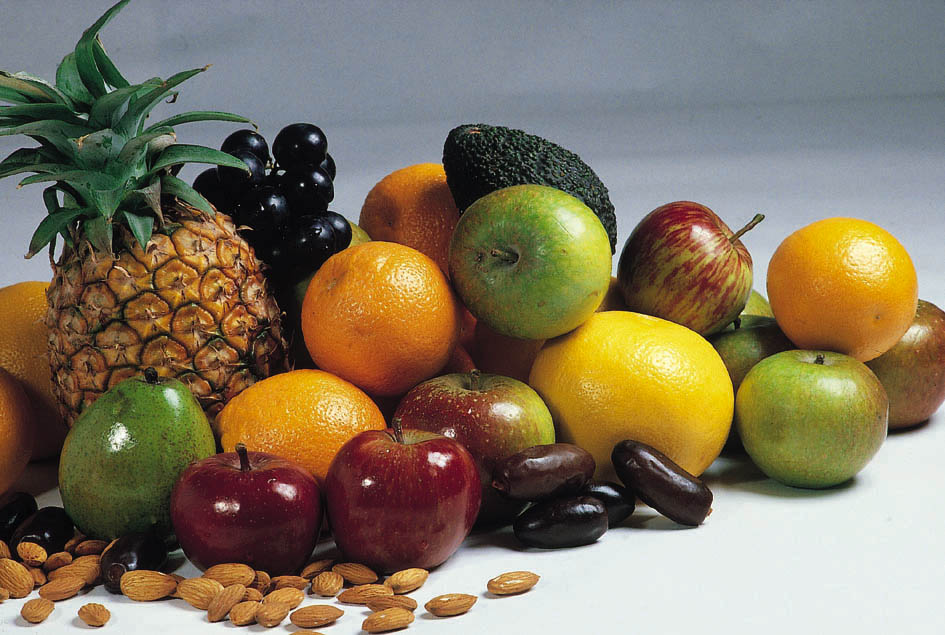21 Apr. Deuteronomy – religious laws and a fruitful promise
“'Carefully obey every command I give you today. Then you will live and grow in number, and you will enter and take the land the LORD promised your ancestors.'”
“'Remember how the LORD your God has led you in the desert for these 40 years, taking away your pride and testing you, because he wanted to know what was in your heart. He wanted to know if you would obey his commands.'”
“'He took away your pride when he let you get hungry, and then he fed you with manna, which neither you nor your ancestors had ever seen. This was to teach you that a person does not live by eating only bread, but by everything the LORD says.'”
“'During these 40 years, your clothes did not wear out, and your feet did not swell. Know in your heart that the LORD your God corrects you as a parent corrects a child.'”
“'Obey the commands of the LORD your God, living as he has commanded you, and respect him. The LORD your God is bringing you into a good land, a land with rivers and pools of water, with springs that flow in the valleys and hills, a land that has wheat and barley, vines, fig trees, pomegranates, olive oil and honey.'”
“'It is a land where you will have plenty of food, where you will have everything you need, where the rocks are iron, and where you can dig copper out of the hills.'”
“'When you have all you want, then praise the LORD your God for giving you a good land. Be careful not to forget the LORD your God so that you fail to obey his commands, laws and rules that I am giving you today.'”
(Deuteronomy 8:1-11)

The Book of Deuteronomy consists largely of religious laws and practices.
Chapters 1-3 give a parallel account of the Israelites’ journey from Kadesh Barnea to the Plains of Moab (see also Numbers 13-36). Chapters 4-33 recount the Ten Commandments (see also Exodus 20:1-17) together with other laws and religious practices to be observed by the Israelites.
In the New Testament, Jesus quoted Deuteronomy 8:3 – “a person does not live by eating only bread, but by everything the LORD says” – when he was tempted by the devil to turn stones into bread (see Matthew 4:1-4).
In Deuteronomy Chapter 8, Moses is recorded as saying to the Israelites, “The LORD your God is bringing you into a good land… a land that has wheat and barley, vines, fig-trees, pomegranates, olive oil and honey” (Deuteronomy 8:7-8). These indicators of a ‘land of plenty’ are known as the ‘Seven Fruits’ or seven varieties of produce.
The ‘promised land’ of Canaan was to be a perfect land (the number seven represents perfection in Jewish tradition), 'flowing with milk and honey' (see Exodus 3:8). It was to be a well-watered land with springs, streams and pools of water irrigating the fertile soil (in stark contrast to the semi-arid desert lands of the Negev where the Israelites had settled for nearly forty years in and around Kadesh Barnea).
In the Spring sunshine, grain crops would ripen quickly, with the first sheaves of barley celebrated by the Festival of Firstfruits in April, followed by the main barley harvest later in April or early May (see Leviticus 23:9-14).
The end of the wheat harvest in May was celebrated by the Feast of Weeks (Pentecost – fifty days after Firstfruits), the main harvest festival for cereal crops (see Leviticus 23:15-22). Wheat and barley were winnowed on a threshing floor, and the cereal grains were baked into ‘lehem’ (Hebrew, meaning ‘bread’), the staple diet of the Israelites ('Bethlehem' or ‘Bet-lehem’ means ‘house of bread’).
Vines and fig trees were tended in June, and the fruits ripened during the long, hot summers. Water mixed with a little wine (to provide calories, sugar and iron) was the standard drink in most Jewish homes. The wine improved the taste of the water (which had often been stored for weeks during the dry season), and reduced the number of bacteria present.
The ripe grapes were harvested early in September, followed by figs, dates, pomegranates and the olive harvest. The ‘honey’, referred to by Moses, was date honey, made with the sweet fruits of the date palm. The fruit harvest was celebrated at the Festival of Tabernacles, when Jewish families would camp out in the harvest fields in ‘tabernacles’ (tents) and temporary shelters or ‘booths’ (see Leviticus 23:33-43).
Ploughing would then take place before the first rains in November, when the grain crops for the next agricultural year were planted.
The photo shows fruits found in a perfect land of plenty.
You can read more and see a photo of an ancient olive press @ https://www.thebiblejourney.org/biblejourney2/26-the-journey-continues-from-sinai-to-moab/more-laws-and-religious-practices/
